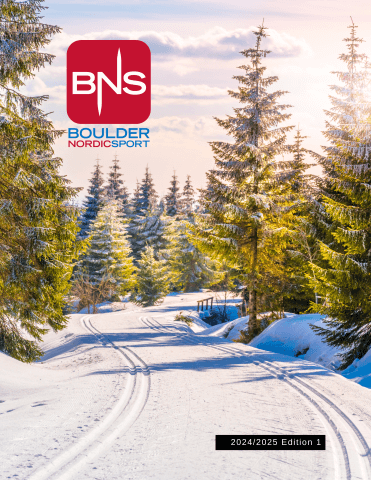Though the battered economy has caused the cancellation of events in other sports, as well as the folding of the Saab/Salomon Factory Team, North America’s biggest ski races appear to be weathering the storm.
While it is still early in the year, organizers of the American and Canadian Birkebeiners, City of Lakes Loppet, Craftsbury Marathon, Yellowstone Rendezvous, Noquemanon Ski Marathon, and Mora Vasaloppet all said that their races were proceeding as planned. Many did say, however, that they had felt moderate impacts from the downturn: some were having difficulty securing sponsors, and others said that attendance had been down in the last year.
“Finding sponsorship has been a real challenge,” said Ned Zuelsdorff, executive director of the American Birkebeiner. “Some of our existing sponsors—I’m not sure they’re going to be able to continue. This year and last year were both difficult.”
However, Zuelsdorff said, his organization is most concerned with attendance. While he cautioned that the establishment of a cap may have encouraged more early registrations, Zuelsdorff said that about 25 percent more skiers were already signed up for the Birkie compared to this time last year.
“The biggest thing for us right now is the skier numbers, and that appears to be really strong,” Zuelsdorff said.
Other organizers said that they had noticed more of an impact on numbers, with sponsorship remaining relatively steady.
Cathy Shriner, general manager of the Canadian Birkebeiner Festival in Edmonton, said that she thought that economic problems had led to fewer people traveling long distances to her event, but that sponsorship had been steady.
“I think sponsorship is longer term—you have sponsors that want to support the organization over the long haul, though the thick and the thin,” she said. “That’s not as much of a concern right now, but it might be—it’s hard to say which way the economy goes.”
A number of organizers, especially in the Midwest, also said that last year’s good snow may have helped buffer events from the down economy.
“Our registrations were above what they were the year before, but they were not what I expected of a good snow year,” said Laurel Robertson, race coordinator of the Mora Vasaloppet. The turnout, Robertson said, was “nothing compared to 2001, which was our last good snow year.”
Robertson said that in 2001 almost 3,000 skiers had participated in the Vasaloppet, while in 2009 there were only 1800, which was still a few hundred more than in 2008, when the snow was not as good.
Then, there are events like the Yellowstone Rendezvous and the Craftsbury Marathon. John Brodhead, marathon and ski director at the Craftsbury Outdoor Center, said that the marathon had been unaffected by the downturn, and that it was actually expanding.
In addition to hosting the familiar classic marathon, this year Craftsbury will also be the site of the National Masters Championships, which means that an additional 10 kilometer skate race will take place the Thursday before the Saturday of that marathon. And, on Friday, the Outdoor Center will also hold 200-meter “dash for cash” sprints.
As for the Rendezvous, Registrar Mary David said that little had changed from previous years.
“Our numbers were up by 30 or 40 racers,” she said. “We still have our same sponsors…I don’t think the recession bothered our race.”
Around the country, other endurance sports have been hit hard by the recession, especially cycling. Earlier this year, a lack of sponsorship forced the outright cancellation of number of events, and others were shortened.
This spring, the country’s biggest one-day cycling race—the Philadelphia International Championship—was nearly called off, and saved only at the last minute through the actions of Pennsylvania’s governor. The Tour de ‘Toona (a stage race in Pennsylvania), the Tour de Leelanau (a big one-day race in Michigan), and the San Francisco Twilight Criterium (another big one-day race) were all cancelled, as well as a number of other events.
Nathaniel Herz
Nat Herz is an Alaska-based journalist who moonlights for FasterSkier as an occasional reporter and podcast host. He was FasterSkier's full-time reporter in 2010 and 2011.



